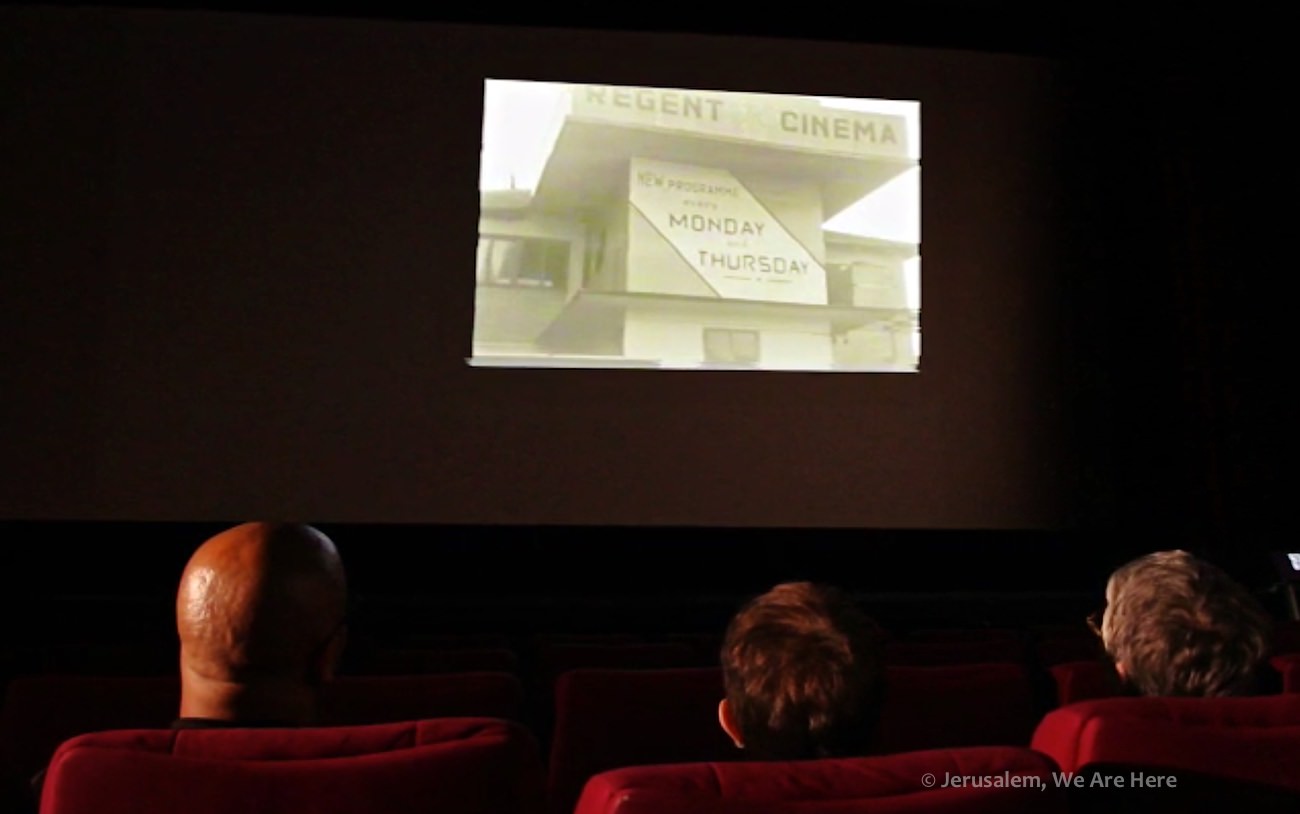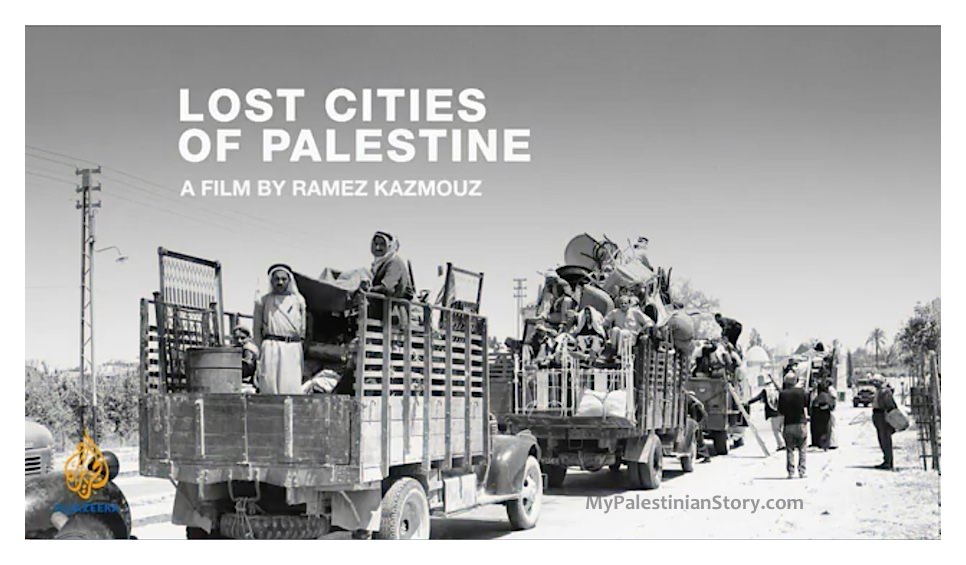This post is dedicated to the memory of my uncle Yiannaki (John/Jean) Schtakleff who left this earth too early—in March 2018, aged 74.
Each family has its story, what they tell each other and their children about the past, about their ancestors and their experiences: the whences and thences, wherefores and hences. Most family stories are in essence legends and lores which almost always diverge, to a lesser or greater extent, from reality, from history, from what actually really happened.
My own family story, particularly that of the Palestinian side, ie my mother’s, captivated me from a very young age. At some point, the standard tales, which we all repeated in the family, no longer satisfied me: I wanted to know more. It’s then that I realised that your family story which seems to run like a simple, straight line is in fact a web—with you caught in the middle! You look at what’s on this line and at some point you start tossing things around in your brain and suddenly the brain is inundated with a bunch of question marks that seem to dart off in different directions. But, but… why did he do that? Where did he come from? When? Why? But how come he… and she… and yet…. ??? You start chasing these question marks and they lead to more and more, and before you know it, you find yourself far from the original story which by now doesn’t hold water entirely and appears to be much more complex, with an increasing number of unknowns. When you add some historical information to the mix, the story begins to acquire texture and dimension even if it loses a bit of its lustre. It becomes more real and yet every now and then you still discover some moments of magic.
Such has been my experience over the years. Let’s take for example the story of what happened to two of my grandmother’s siblings in the Nakba, the 1948 catastrophe, when the creation of the Jewish state caused Palestinians to flee Jerusalem.



Recent Comments